Intro
Take the Am I Depressed Quiz to assess mental health, identifying signs of depression, anxiety, and mood disorders, and discover coping strategies and treatment options for emotional wellness.
Taking a quiz to determine if you might be experiencing depression can be a helpful first step in understanding your emotions and seeking support. Depression is a common mental health condition that affects millions of people worldwide, causing persistent feelings of sadness, hopelessness, and a lack of interest in activities once enjoyed. It's essential to remember that only a qualified healthcare professional can provide an accurate diagnosis and guidance. This quiz is not a substitute for professional advice but rather a tool to encourage self-reflection and awareness about your mental health.
Depression can manifest differently in different people, and its symptoms can vary widely. Some individuals might experience changes in appetite or sleep patterns, while others might feel overwhelming guilt or worthlessness. Recognizing the signs of depression is crucial for seeking timely help. If you're wondering whether you might be depressed, ask yourself if you've been feeling consistently down or disconnected from things that usually bring you joy. Have you noticed any changes in your energy levels, concentration, or appetite? These are all potential indicators that it might be helpful to explore your mental health further.
The importance of addressing depression cannot be overstated. With the right support and treatment, many people are able to manage their symptoms and improve their quality of life. This might involve therapy, medication, lifestyle changes, or a combination of these approaches. The journey to recovery is unique to each individual, and what works for one person might not work for another. However, the first step towards healing often involves acknowledging your feelings and seeking help. If you're considering taking a quiz to assess your mental health, it's a sign that you're already taking proactive steps towards understanding yourself better.
Understanding Depression
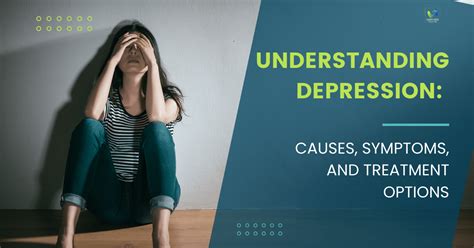
Types of Depression
There are several types of depression, each with distinct characteristics. These include: - Major depressive disorder - Persistent depressive disorder - Postpartum depression - Seasonal affective disorder - Psychotic depression - Bipolar disorder Understanding which type of depression you might be experiencing can help in tailoring the treatment approach to your specific needs.Recognizing the Signs of Depression
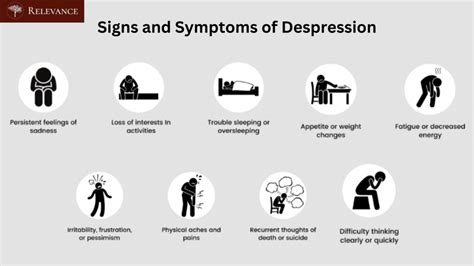
How Depression Affects Daily Life
Depression can significantly impact a person's daily life, affecting relationships, work performance, and overall well-being. It can lead to social isolation, decreased productivity, and strained relationships with family and friends. In severe cases, depression can lead to thoughts of suicide, highlighting the importance of seeking help immediately if such feelings arise.Treatment Options for Depression
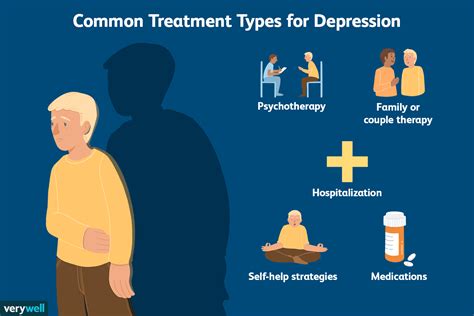
Benefits of Seeking Professional Help
Seeking professional help is a brave and important step towards recovery from depression. A mental health professional can provide a proper diagnosis, develop a personalized treatment plan, and offer ongoing support. They can also help you develop coping strategies and provide a safe and non-judgmental space to explore your feelings. Moreover, professional treatment can significantly reduce the risk of complications associated with untreated depression, such as substance abuse or suicidal thoughts.Coping with Depression
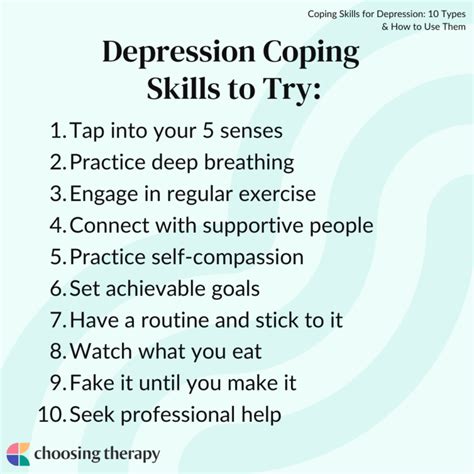
Support Systems for Depression
Having a strong support system can make a significant difference in the journey to recovery from depression. This can include family, friends, support groups, and online communities. Sharing your experiences and feelings with others who understand what you're going through can provide comfort, encouragement, and valuable insights. Additionally, educating your loved ones about depression can help them offer more effective support and understanding.Preventing Depression Relapse
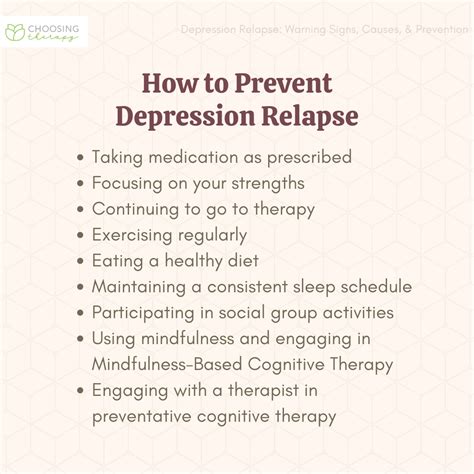
Long-Term Recovery from Depression
Long-term recovery from depression is possible with the right mindset, support, and treatment. It involves a commitment to ongoing self-care, regular mental health check-ups, and a willingness to adapt to challenges as they arise. Over time, many people learn to manage their symptoms effectively, leading fulfilling and meaningful lives. Recovery is a journey, and while it may have its ups and downs, the outcome can be incredibly rewarding.Conclusion and Next Steps

If you've found this information helpful and are looking for more resources or support, consider reaching out to a mental health professional or a support hotline. Sharing your story or this article with others can also help raise awareness and encourage those who might be struggling to seek help. Remember, you are not alone, and there is always hope for a better tomorrow.
What are the common symptoms of depression?
+Common symptoms of depression include feelings of sadness, emptiness, or hopelessness, lack of energy, changes in appetite or sleep, difficulty concentrating, and physical problems like headaches.
How is depression diagnosed?
+Depression is diagnosed based on symptoms, medical history, and a physical exam. A mental health professional will assess your symptoms, rule out other conditions, and may use screening tools to help with the diagnosis.
What are the treatment options for depression?
+Treatment options for depression include medications like antidepressants, psychotherapy (talk therapy), and lifestyle changes such as regular exercise, a healthy diet, and sufficient sleep. Often, a combination of these approaches is recommended.
